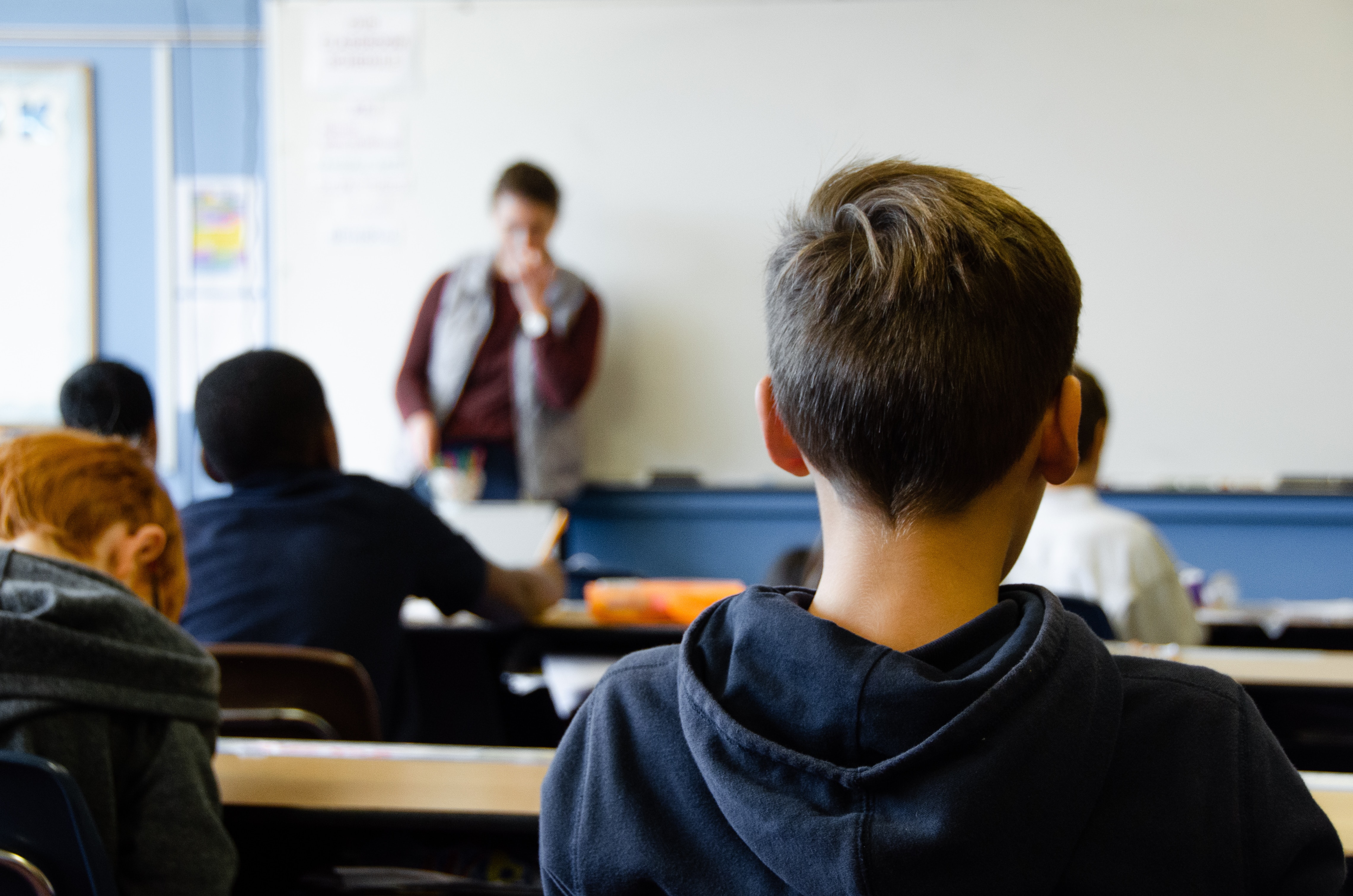22222222Why sex ed should stay in schools
By Velu Ochoa
It seems that politicians these days are trying to weaponize everything and anything for their own political agenda. Recent attempts to stop or ban sex education in schools include the Don’t Say Period’ bill in FL that aims to restrict how, what, and when health and sex education is taught in the state’s public schools, and in NC where lawmakers are trying to ban sex education in schools before seventh grade (currently some schools begin discussing reproductive health and sex education as early as fifth grade) and will require parental approval.

These types of legislation represent a trend, driven by extremists in politics, of trying to control bodily autonomy and limit reproductive health care. Banning sex education can have significantly negative consequences for young people’s sexual health and well-being. Banning discussions of contraception, periods, or LGBTQ+ issues can prevent young people from receiving accurate information which can lead to misinformation and confusion, therefore increasing the risk of unintended pregnancies, STIs, and the transmission of HIV/AIDS.
Banning sex education can also contribute to a culture of shame and stigma around sexuality. When young people are not provided accurate and comprehensive information about sexual health and relationships, they may feel ashamed or embarrassed about their bodies and sexual experiences, which can prevent survivors of sexual assault from reaching out for help and reporting instances of rape or assault.
Sex education is essential in the prevention sexual assault because it teaches young people about consent, boundaries, and respect for themselves and others. When young people have a clear understanding of what constitutes consent and how to communicate their boundaries, they are better equipped to recognize and respond to situations where consent has not been given.
Additionally, sex education can help challenge harmful attitudes and beliefs that contribute to sexual assault. For example, sex education can teach young people about the importance of respecting diverse sexual orientations and gender identities. This can help to challenge toxic masculinity, which often promotes harmful attitudes and behaviors towards women and other marginalized groups.
According to The Centers for Disease Control and Prevention, “A quality sexual health education curriculum includes medically accurate, developmentally appropriate, and culturally relevant content and skills that target key behavioral outcomes and promote healthy sexual development. In order for sex education to be effective in preventing sexual assault, it must be comprehensive and age-appropriate.”

Sex education should be tailored to the developmental milestones of different age groups, ensuring that young people receive the information they need to make informed decisions about their sexual health and relationships.
Sex education in school is essential to ensure young people have the knowledge and skills they need to make informed decisions. It can help promote healthy sexual behaviors, boundaries, address gender and sexual identity questions, prepare young people for adulthood, and promote respect for themselves and others.
Lawmakers need to stay away from gatekeeping vital information that can help young people in schools lead healthier and safer lives. Instead of banning important discussions that will help students be better informed about their bodies, our governmental officials must focus on passing legislation that will help young people protect their own health and feel safer in their schools and their homes.
Just a few of the ERA Coalition partners doing the work of sexual health education and consent training:
- SEICUS: Sex Ed for Social Change
- URGE: United for Reproductive and Gender Equity
- A Call to Men
- Coalition to Stop Violence Against Native Women
Header photo credit: Kenny Eliason